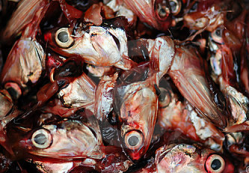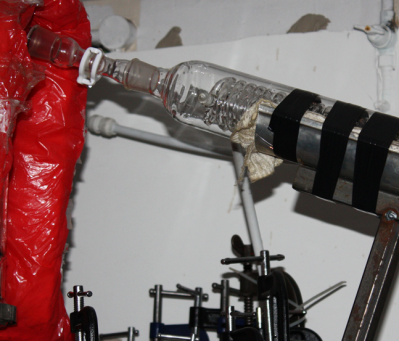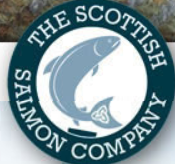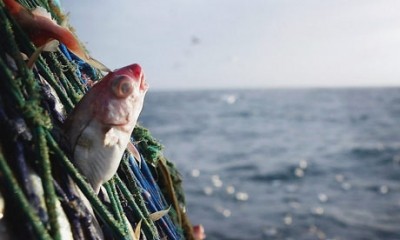Food crime: 200t of illegal fish destroyed in fraud probe

Environmental health officers from Aberdeen City Council discovered 207t of frozen salmon heads, tails, bellyflaps and frames (filleted skeleton) at a fish processing premises in Aberdeen. The raid followed a complaint from local authority environmental health officers about fish being illegally exported to Russia.
Ivor Churcher, commercial team leader at Aberdeen City Council’s Environmental Health and Trading Standards department told FoodManufacture.co.uk: “Any establishment processing fishery products is required to be officially approved by the local authority, which issues a unique identification mark. This enables products to be traced back to the original producer.
“Our environmental health officers discovered large quantities of unmarked product along with product with an identification mark from a previously approved premises, which had ceased processing.”
Lucrative Russian market
Churcher said the fish products were destined for export to the lucrative Russian market.
“The regime for exporting food product to Russia is strictly controlled and subject to approval of the processing establishment by Scottish government in addition to the approval issued by the local authority,” he said.
“Officers established that the approved identification mark was continued to be used to export product to Russia although the approval did no longer exist.”
A sheriff at Aberdeen Sheriff Court granted Aberdeen City Council a Condemnation Order on the fish last week (November 6). It confirmed that the seized fish failed to comply with food safety requirements and said it should be destroyed or disposed of to prevent it being used for human consumption.
Fit for human consumption
Councillor Neil Cooney, convener of Aberdeen City Council’s Housing and Environment Committee, added: “As a council we have a duty to ensure that all items of food intended for sale for human consumption, which are produced, stored, and distributed, handled or consumed within the city are without risk to the health or safety of the consumer, and are satisfactory as to their nature, substance and quality.
“I believe this is one of the largest investigations of its kind in Scotland and I commend all of our officers who saw it through to a successful conclusion.”
Churcher refused to reveal the name of the Scottish processor where the fish was discovered.
He said: “I can’t really comment at this stage. I have heard that the company has gone into liquidation since the fish was discovered.”
Meanwhile, BBC Scotland reported last week that one of Aberdeen's oldest fish processing companies − Andrew Christie Junior – had stopped trading.
Founded in 1946, the fish firm employed about 30 people.
Gordon MacLure, the provisional liquidator, said the closure reflected current tough trading conditions.
















